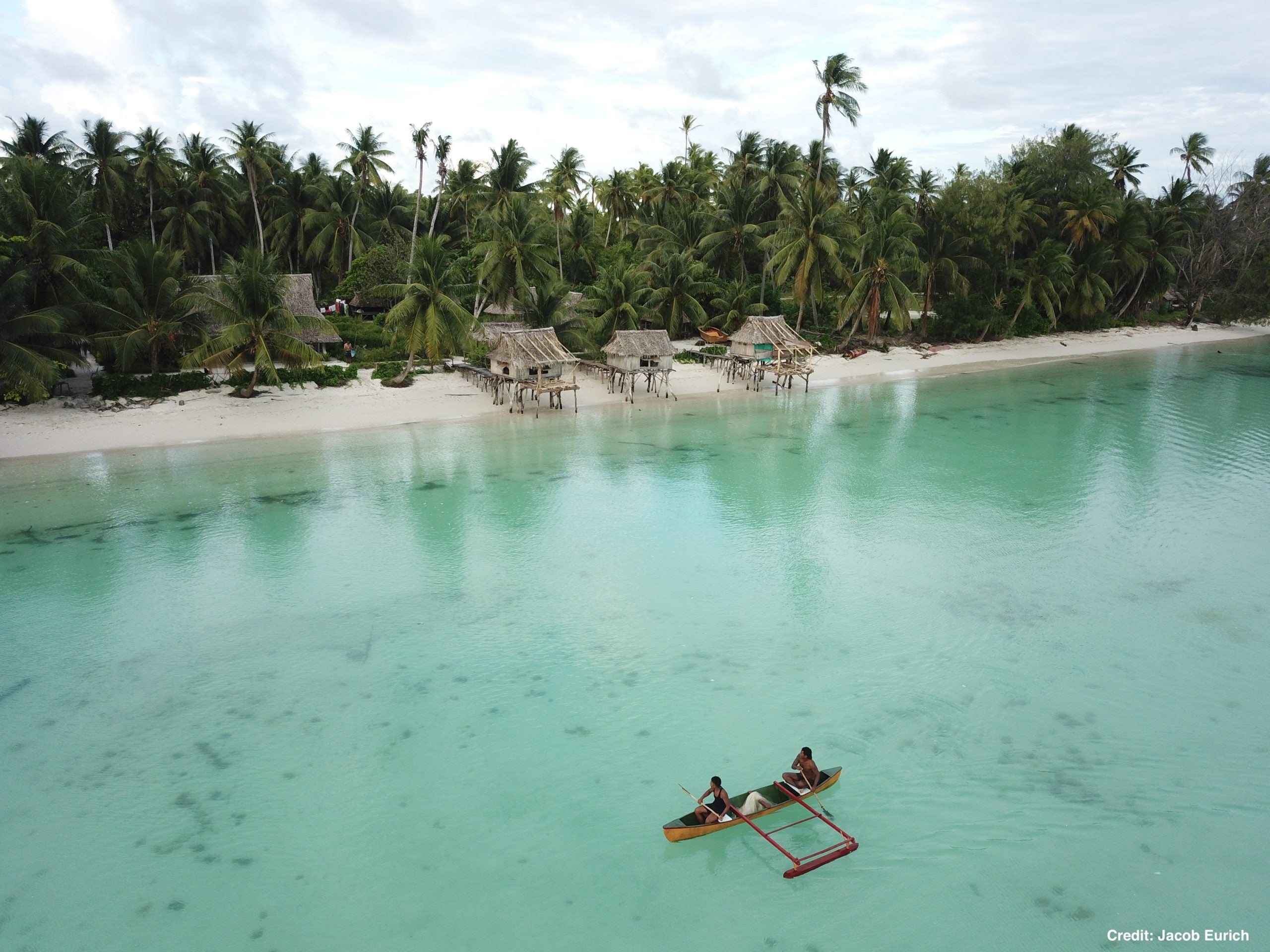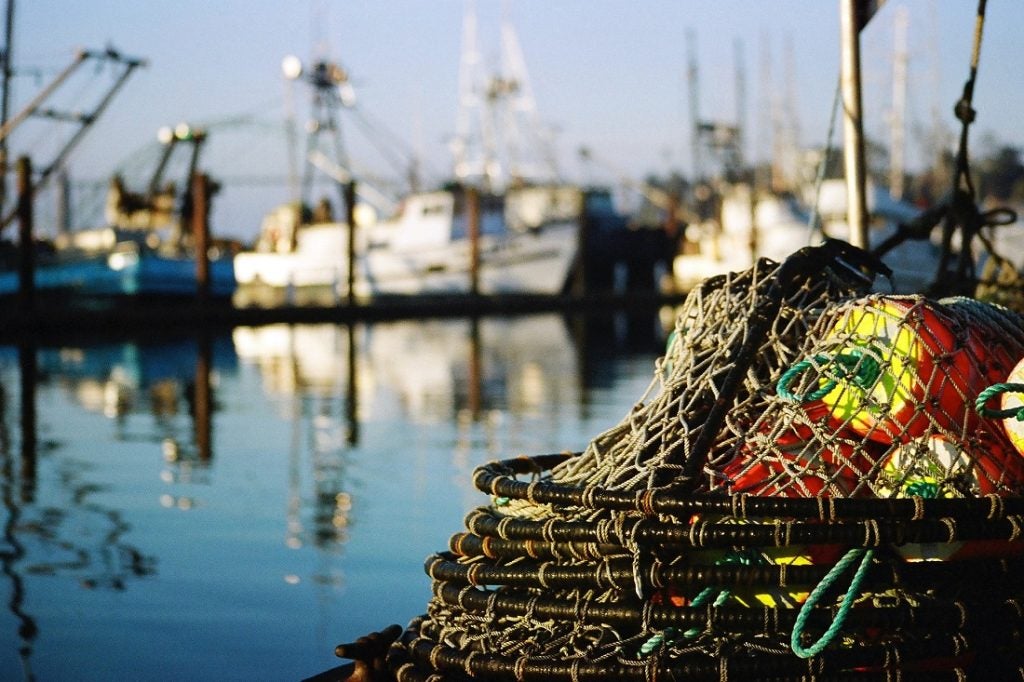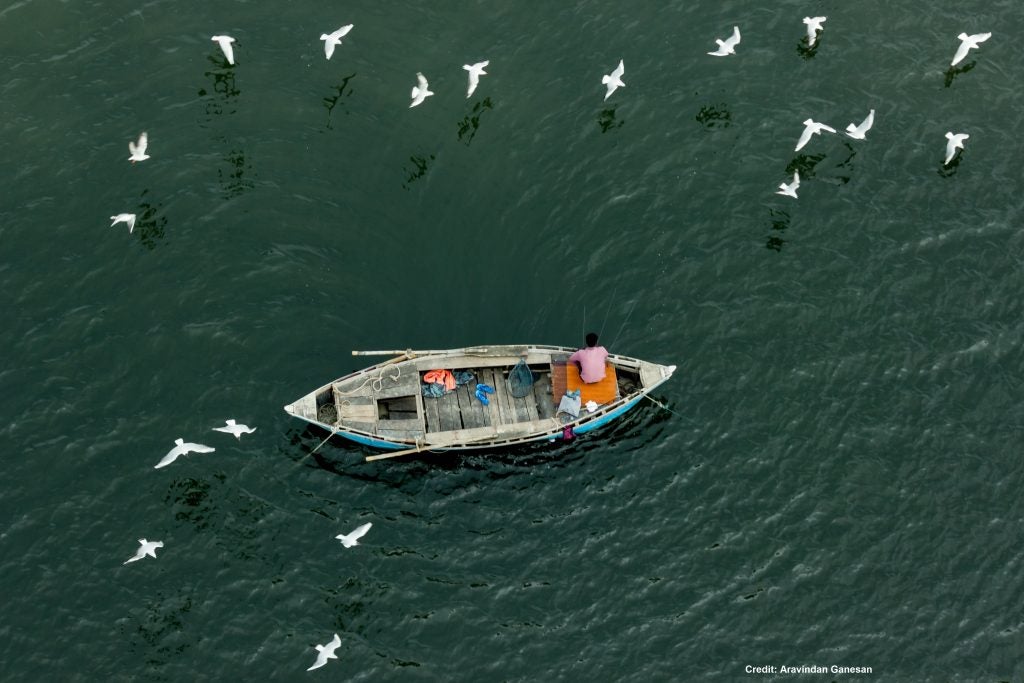By EDF’s Jacob Eurich and Kristin Kleisner, and Kathy Mills, Gulf of Maine Research Institute
Fisheries, including the systems for harvesting, processing and marketing blue foods, are an important pillar of many economies, supporting hundreds of millions of livelihoods. Small-scale fisheries and aquaculture produce more than half of the global fish catch and two-thirds of all the blue foods we eat. Climate change continues to threaten fisheries, altering ocean ecosystems and transforming fish stocks, with climate-induced losses disproportionately impacting the regions and people most dependent on fish for protein and micronutrients—predominantly small-scale fishers in developing, small-island nations in the tropics.
To these fishers and their communities, oceans are not simply a way of life, they are a source of life, and how these fisheries fare will have repercussions for the rest of the world. Unfortunately, while more attention has been paid to these fisheries and fishing communities recently, it may be too little, too late. What is needed is a strong and united way to secure sustainable and resilient fisheries in the face of climate change. The United Nations Decade of Ocean Science for Sustainable Development, a decadal program aimed at improving climate resilience, applies global ocean science advances to enhance fisheries outcomes in changing marine ecosystems.
Opportunities during the UN Ocean Decade
Identifying and understanding opportunities to improve and support climate resilience will become increasingly important for achieving the global Sustainable Development Goals. A decadal program we are contributing to, “Fisheries Strategies for Changing Oceans and Resilient Ecosystems by 2030,” or FishSCORE, was endorsed by the UN Decade of Ocean Science for Sustainable Development. Our program will build a global network of scientists, stakeholders and practitioners to identify approaches to sustain marine fisheries, protect ocean ecosystem health and secure equitable benefits for fisheries.
Together, this network aims to move fisheries towards climate resilience by:
- Developing and applying frameworks to assess vulnerabilities
- Determining actionable adaptation options
- Identifying resilience enhancing measures for ecological, social, cultural, economic and governance dimensions of fishery systems
- Measuring progress towards achieving climate resilience goals.
An interdisciplinary SNAPP working group has established three preliminary stages of the broader FishSCORE decadal project: 1) defining climate resilience attributes, 2) documenting these attributes in action in fishery case studies and 3) developing a tool to help guide managers and prioritize areas of improvement. Ultimately, FishSCORE will apply these resources to operationalize climate resilience in local and regional fisheries while also continuing to grow the global network of partners continually advancing tools for resilience assessment and planning.
Our path forward
A new “Food for Thought” study, which we contributed to and which has been published in ICES Journal of Marine Science, outlines FishSCORE’s strategies and next steps to support climate-resilient fisheries. First, we must use knowledge co-production—a collaborative process that brings diverse knowledge together to understand a problem and develop solutions—to design effective and equitable outcomes. We plan to develop and leverage local and regional partnerships to conduct assessments and planning efforts and to identify context-specific resilience strategies. Our activities will be guided by a set of core principles that include commitments to inclusivity, equity, co-leadership, co-ownership and reciprocity.
Sounds great on paper, but how does that work? Simply, we want to gain trust locally by engaging and connecting with the appropriate partners at the community level, learn from and empower local knowledge, reflect on the process and communicate results. By building climate-resilient fisheries, people and ecosystems can be better sustained even under changing ocean conditions. We are excited to embark on this long-term decadal project and look forward to sharing our results and stories along the way.


